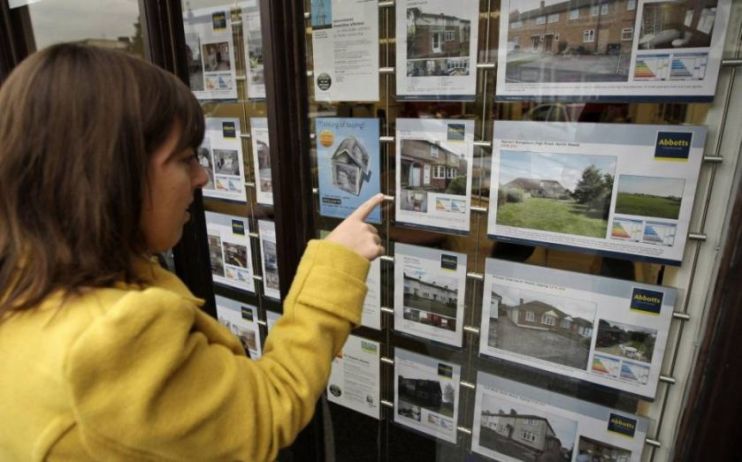Stop nudging people towards property at the expense of their pension – it’s irresponsible

It is a shame that one of the boldest ideas to come out of this government also happens to be one of the worst.
When housing secretary James Brokenshire last month suggested that young workers should be able to dip into their pension savings to help buy their first home, it spurred plenty of criticism, with pension providers being the most outraged of all.
So cue the confusion when pensions giant Scottish Widows came out over the weekend in support of Brokenshire’s idea.
While the company suggested that contribution rates could increase to negate the impact on pensions, there is a lot wrong with this proposal. It ignores the fact that pension savings should be left to grow for decades to give people a chance of living comfortably in retirement. Indeed, taking money out in these pivotal early years is backwards-thinking, undoing all the progress that has been made through auto-enrolment.
Let’s also not forget that allowing people to use pension savings without increasing the housing supply will only inflate property prices, or that most people in their twenties have negligible pension pots as it is – barely enough to make a dent in the average £110,000 housing deposit required in London.
While we should applaud Scottish Widows for trying to innovate, it’s worth bearing in mind that officials from the Department for Work and Pensions wrote to Downing Street to express their concerns about Brokenshire’s idea, warning that it wouldn’t necessarily help the people it intended to help.
Yes, people should be able to choose what to do with their own money. But there is a difference between granting pension freedom to older people, who may have built up other assets, and allowing younger people to forgo their pension entirely.
Brokenshire’s idea is yet another example of a fiscal system that nudges people towards property at the expense of other – sometimes more prudent – investments.
Not only is this bad for individuals (the first principle of investment is not to put your eggs in one basket), but it damages the broader economy too. And yet this way of thinking is so embedded in our national attitudes that even the Bank of England chief economist Andy Haldane once remarked that property is a better investment for retirement than a pension.
In truth, prioritising property over pensions stores up problems later down the line. Such rhetoric is not only unhelpful and confusing for savers – it’s irresponsible.